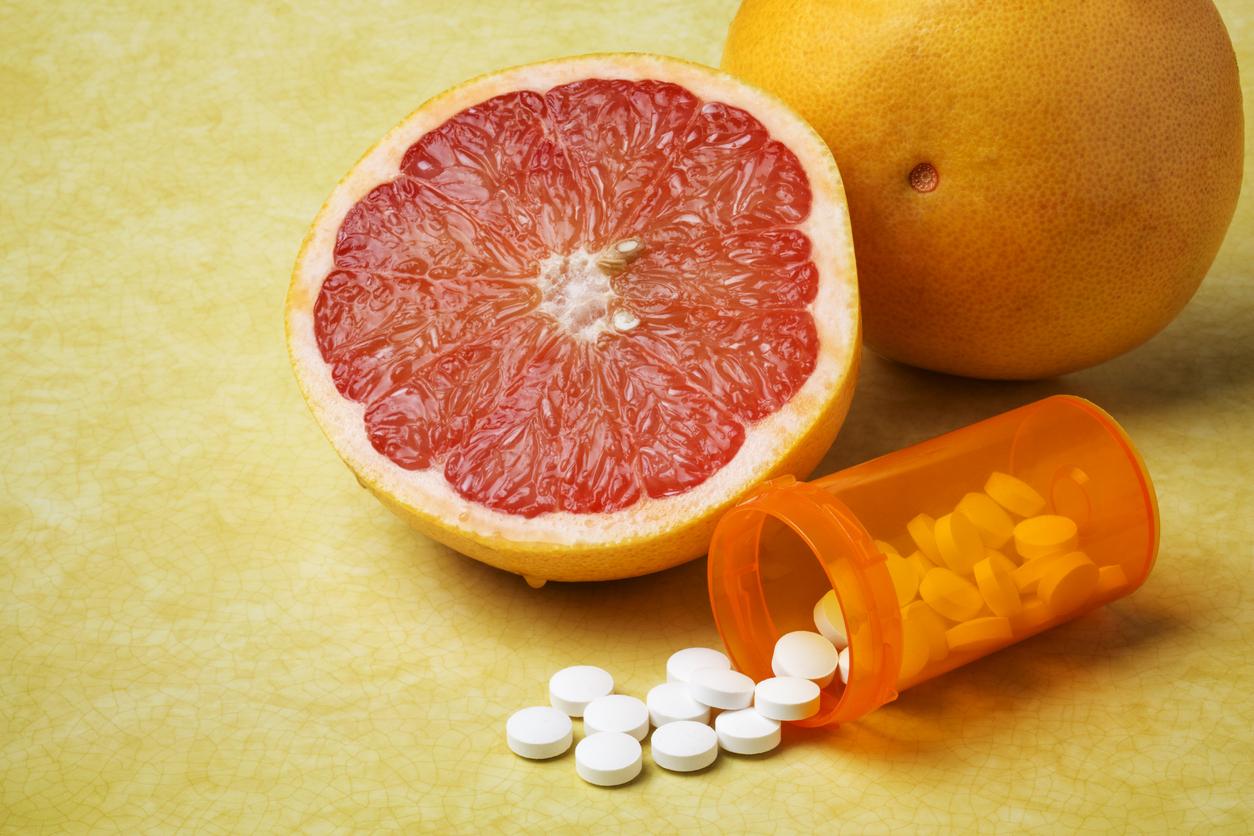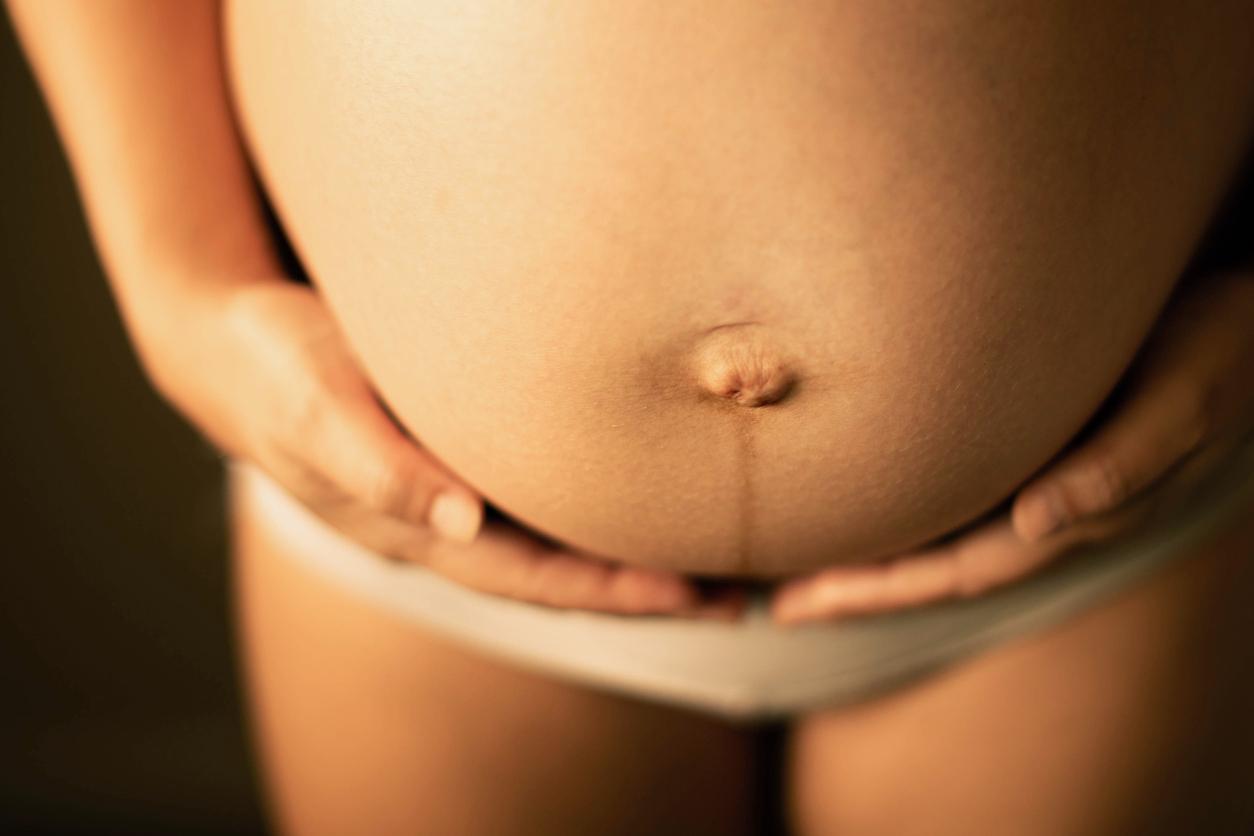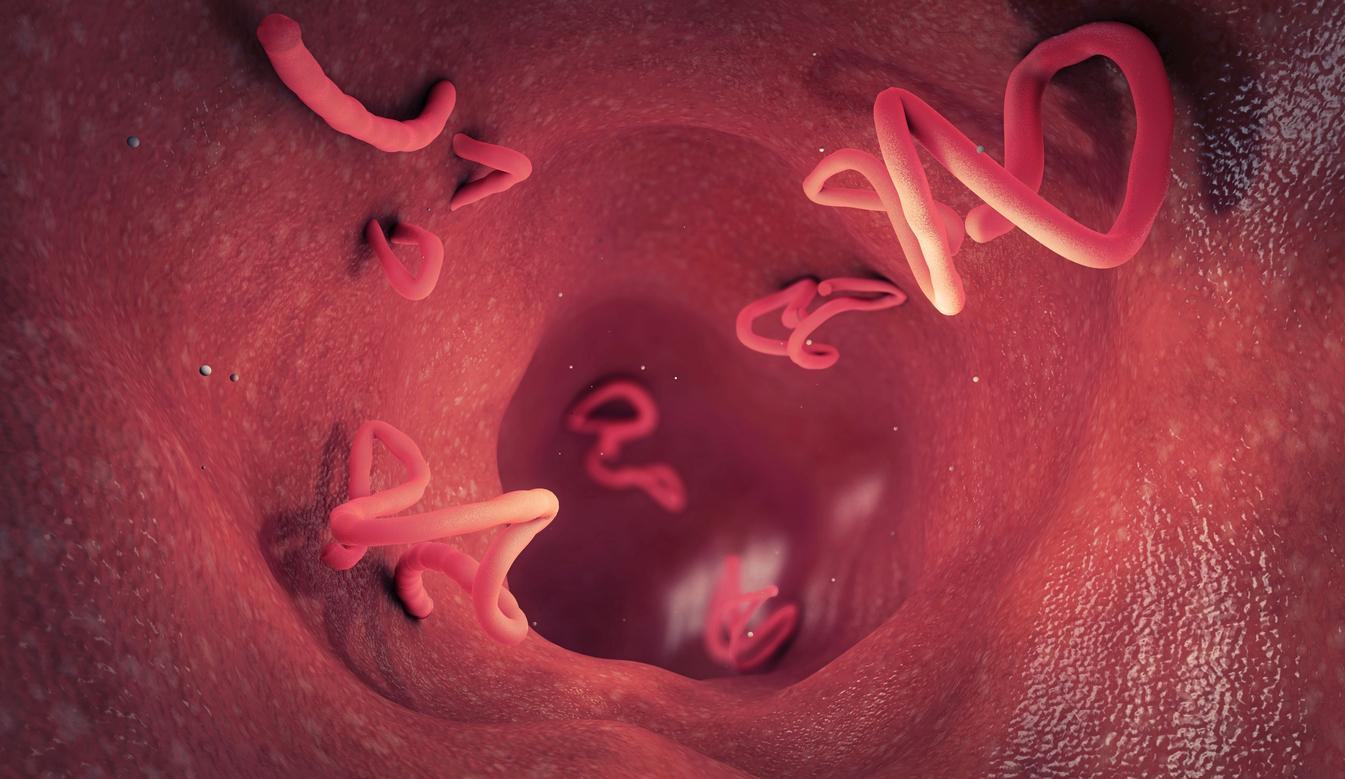Scientists at Royal Holloway University, St George, University of London and Kingston University in London have found that naringenin, a component of grapefruits and other citrus fruits, is able to block the cyst formation in the kidneys.
This discovery brings hope for a new treatment for polycystic kidney disease. This rare genetic disease is characterized by the development of multiple cysts, especially on the kidneys. It leads to therenal failure partial then terminal, to arterial hypertension and may necessitate renal dialysis (purification of the blood of its waste). Currently, few treatments exist to treat it.
Towards a natural treatment
“With this study, we are taking an important step in understanding how to control polycystic kidney disease,” said Dr Robin Williams of the School of Biological Sciences at Royal Holloway University. “We are also demonstrating the usefulness of the“ Dictyostelium ”amoeba in the discovery of new treatments and new avenues of research”.
In this experiment, this amoeba was used to demonstrate the role of naringenin on the formation of cysts. The team triggered the formation of cysts in these cells in a kidney cell line. They were able to block the development of these cysts by adding naringenin. This blockage of the cysts was accompanied by a reduction in the level of the PKD2 protein in the kidney cells.
Further studies are needed to further define the contours of naringenin at the molecular level, but also to learn more about the role of the PKD2 protein as a cell growth regulator.
















